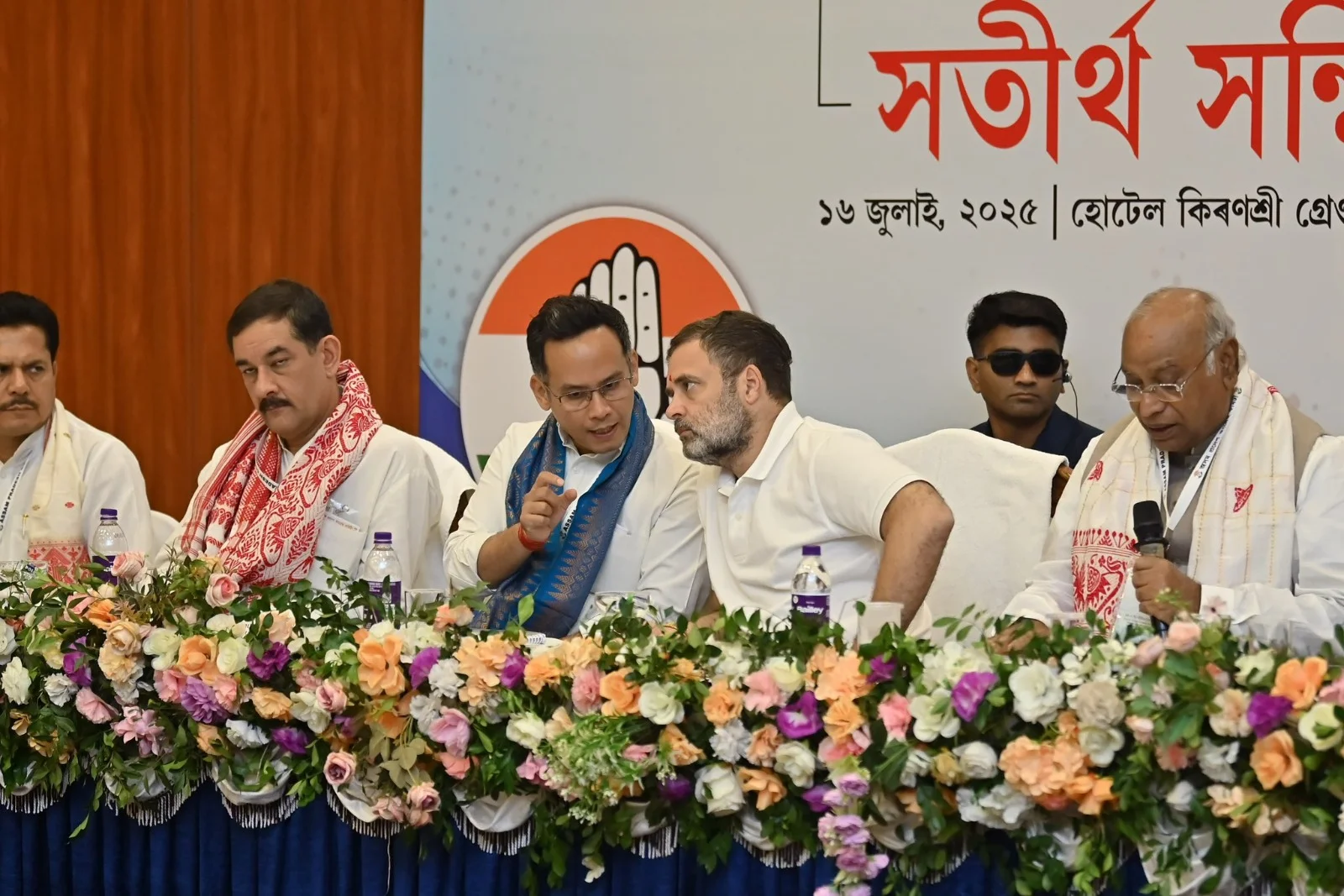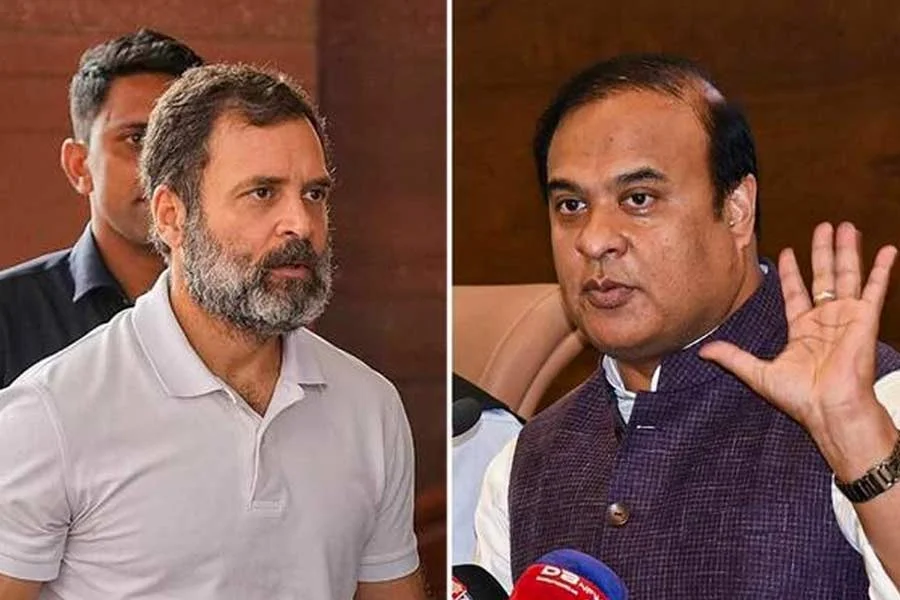In a scathing attack on the Election Commission of India (ECI), Congress General Secretary Jairam Ramesh has voiced grave “voter rights concern,” accusing the poll body of attempting to conduct a “National Register of Citizens (NRC) through the back door” under the guise of an intensive revision of electoral rolls. His remarks, made just months ahead of the crucial Bihar Assembly elections, have ignited a fierce debate over the constitutional rights of millions of voters.
Jairam Ramesh Raises Voter Rights Concern Over ECI Move
Ramesh’s statement comes in response to the ECI’s decision to undertake a Special Intensive Revision (SIR) of electoral rolls, which, according to him, involves determining the citizenship of Indian nationals. “The constitutional rights of voters are being snatched,” Ramesh asserted, articulating a profound “voter rights concern” that resonates with many civil liberties advocates. The timing of this exercise, occurring a mere four to five months before the Bihar polls, has particularly drawn the ire of the opposition, who see it as a politically motivated move.
The Congress leader highlighted the palpable atmosphere of fear gripping Bihar, suggesting that the revision process is creating undue anxiety among the populace. This fear, he argues, directly infringes upon the citizens’ fundamental right to vote without intimidation or arbitrary disenfranchisement. The “voter rights concern” raised by Ramesh points to the potential for large-scale exclusions based on opaque or controversial criteria, reminiscent of the contentious NRC exercise.
The Underlying Voter Rights Concern: Is it NRC in Disguise?
One of the most critical aspects of Ramesh’s criticism is his assertion that the ECI is overstepping its constitutional mandate. He emphatically stated that it is not the Election Commission’s responsibility to prove citizenship. The primary role of the ECI, as enshrined in the Constitution, is to ensure free and fair elections, which includes maintaining accurate electoral rolls based on established legal frameworks, not to adjudicate on citizenship status. This fundamental “voter rights concern” questions the very authority the ECI is exercising.
Furthermore, Ramesh pointed out that the entire matter regarding citizenship determination is currently sub judice, pending before the Supreme Court of India. Proceeding with such an intensive revision, particularly one that delves into citizenship, while the highest court is yet to deliver its verdict, raises serious questions about judicial propriety and adherence to due process. This underscores the urgency of addressing the “voter rights concern” before it escalates.
The political ramifications of such an exercise are immense, especially in a state like Bihar, known for its complex demographic and political landscape. Any move perceived as an attempt to alter the voter base or disenfranchise certain communities could lead to widespread unrest and further polarization. The “voter rights concern” is not merely academic; it is deeply rooted in the lived experiences and anxieties of citizens who fear losing their democratic voice.
Protecting Voter Rights Concern in a Democratic Setup
The core of democracy lies in universal adult franchise and the unimpeded exercise of voting rights. When institutions like the ECI undertake measures that, even inadvertently, create an environment where these rights are perceived to be under threat, it demands immediate attention and scrutiny. The “voter rights concern” highlighted by Jairam Ramesh is a call for transparency, accountability, and adherence to constitutional principles by all state organs.
In conclusion, Jairam Ramesh’s sharp criticism of the ECI’s voter list revision has brought a significant “voter rights concern” to the forefront of national discourse. His accusations of a clandestine NRC exercise, coupled with questions about the ECI’s authority and the timing of the revision, underscore the need for a careful re-evaluation of the process to ensure that no citizen’s constitutional right to vote is unlawfully snatched away.
Discover more from RastriyaSamachar24x7
Subscribe to get the latest posts sent to your email.




